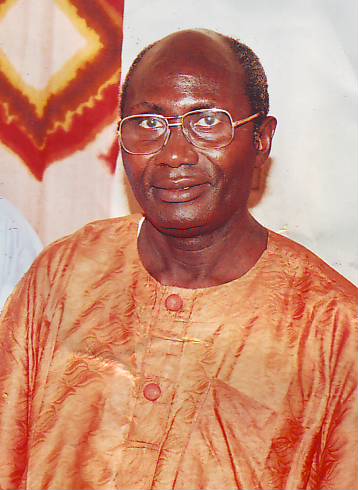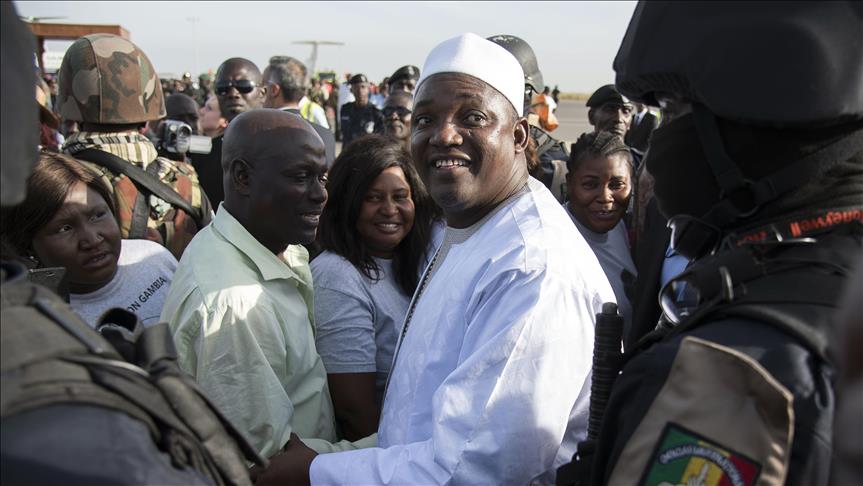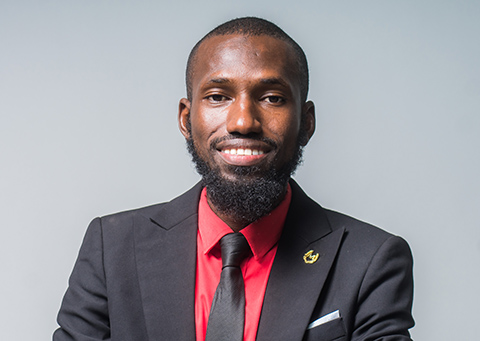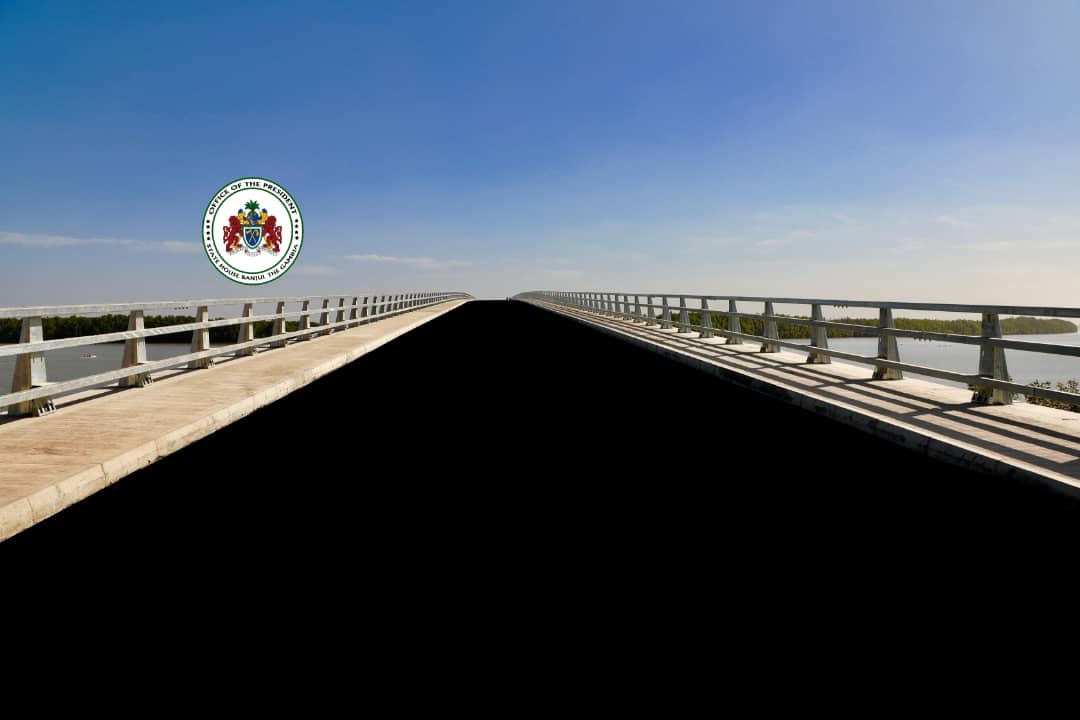By: Nyima Sillah
As we begin the year 2023 it is good to review the Gambian Media activities of 2022 regarding the achievements made, challenges, and expectations in this New Year and among other issues.
Discussing these activities of the ending year veteran journalists gave their general overviews.
Mr Samuel Osseh Sarr, Managing Editor of Foroyaa Newspaper, dilated current media challenges saying the freedom of the media is not legal because those laws which are inimical to freedom of the media are still in existence and legally, the media cannot say it is free until those laws are repeal.
He pointed out that even though the president in his manifesto in 2016 said within six months those media laws would be repealed; it is still a challenge carrying from 2022 now to 2023.
So “We are calling on the president to make the necessary efforts to repeal those laws,” he called on the President’s attention on the matter.
Another issue, he continued, regarding the profession is the financial operation of media houses particularly given the financial difficulties faced at the just-ended year. “This issue comes in two forms. First, as far as the print media is concerned the cost of production is quite a challenge.
On the other hand, he said there is no support from the government. Giving an example, he said: there is a subvention in Senegal every year to support the media, this may be seen as charity or bribing the media but it should not be seen that way.”
“It is making the media viable and vibrant because if you are going to operate, you must be on a strong footing to be able to operate as a media house but if you check the print media, it is quite expensive. One rim is D1800 and five rims are D9000 imagine spending D9000 every day just on newsprint which does include other printings.”
He, therefore, suggested that there is a need for financial support for the media. He added that it is important because it is the fourth state and the media has an important role to play in the democratic dispensation.
He further noted that the media never received any subvention from any of the governments and there is a need for it to be given.
“I don’t see it as charity or bribery I see it as the government sees the need and support in the media so that it can operate effectively and therefore help the democratic process.
“Every president who is committed to democracy, this is what they should have in mind but even though the government is failing to give that support, they are also failing in another aspect that is, they don’t pay their bills on time.”
He noted that “Right at the moment as the year (2022) rolled out they (government) are owing the print media houses a substantial amount of money and this is affecting our operations because we are handicapped at many aspects due to these debts owed by the government. So, we call on them to do something about it.”
He went on to say that the other issue is in terms of professionalism. “Media reporters face a lot of problems. Many people were not in the media before so these past few years they started or came in and there has been a lot of enthusiasm but there have been also some problems.”
However, he advised young professionals that when a problem is highlighted, they acknowledge those problem and do something about it.
“I would say that Mr. William did some critics of the media and there was some resistance in some reporters. I believe we should just be objective. Self-criticism is like soap and water for cleansing oneself.
“We are fun of criticizing the State, society, and individuals so we should also look in words so that we can be more effective. Self-criticism is to help us become more effective in the work we do. There is no need to be angry if people look at what he said, let them look at it objectively,” Foroyaa Managing Editor encouraged reporters.
He further advised the people who joined the media to be people who have passion for it. Adding that, a good journalist is somebody who has a passion for the job, not a mere qualification.
“I feel that reporters should focus more on ensuring that they are searching for the truth, nothing but the truth do it objectively don’t favor one side against the other. That is why you need to have more than one source, also don’t be sentimental be objective be fair.
“Your motive is not to undermine or damage anybody but it is to bring out the truth in the public interest and you must do that in good faith. This applies to editors, when they are editing if you are promoting, it should be in the interest of the public.”
He also advised the government to be assured and the best way to be assured to the journalist is to open up not close up when people seek relevant information, they should do their best to make sure that the journalist gets the information needed.
“Give them the information so that they publish the truth therefore there would be no use for threats. Every government should be held accountable, and if you are going to be held accountable, you should be open,” Mr Sarr advised the government to always give required information to the media.

Another Veteran journalist, Honourable Madi Ceesay, said One of the main challenges is the issue of market journalists being fairly free they doing their job but it is not easy for media owners to maintain a media house because it requires a lot of money.
“The price of materials is expensive especially when it comes to the print media and the scarcity of some items to run a media house those are some of the challenges that are faced by the media and the journalists,” he stated.
Also, he continued, the other challenge that the media and the people in the media are facing is the embargo of the registration of radio stations and television stations across the country. “PURA, in the administration of Adama Barrow put an embargo against the registration of new media houses particularly radios and Televisions this is very counterproductive.
When you want to measure democracy, one of the important pillars to use to measure democracy is the purification of media houses the freedom of access to media, and the free practice of journalism. If the embargo is completely contrary to that, it is a big challenge and it is stopping or limiting employment facilities.”
Highlighting the Way Forward, Mr. Ceesay said the government has to revisit that embargo and lift it so that people that want to invest in the media can invest so that there can be more job opportunities for people who are working in the business of journalism and media in general.
“This is the only way forward and the government has to revisit some of the laws to make them more friendly. We still refer to the country as young democracy because we just from a 22-year of dictatorship,” he divulged.
Honourable Ceesay explained further that there was no democracy during Jammeh’s era but democracy started on the 16th of December 2016, 6yrs ago, so, therefore, the way forward is to look inward and look at some of the laws that make up the business of journalist so it can be free.
More so, he advised the young Journalists to grab the opportunity of educating themselves. Saying that there are lots of schools of thought on journalism where people should make the best use of the opportunities and facilities.
“Let’s go and learn, and practice as professional journalists, many years ago you do not have those kinds of opportunities but now, there is a change if they want to take journalism as a profession, they should go and educate themselves,” Hounourable Ceesay added.
Meanwhile, he made a brief comparison of the current media landscape and the previous regime.
According to him, Media Landscape compared to the previous regime is far better and one cannot compare what is happening today to Jammer’s regime. “The media suppressed, harassed, media chiefs were killed some media practitioners disappear some were arrested and put to horrible conditions.
“That was the order of the day with the environment entirely during the Jammeh era that was one of the hostilities around the media and therefore, the landscape was very poor.”
He stated that in those days when a media practitioner commits a crime, he or she will be taken to court but when a crime is committed against the media is different.
“Let’s see what happened to Deyda Hydara, Ebrima Manneh of Lamin, others, and myself. We were imprisoned and tortured but we are alive today. The likes of current Minister Ousman Sillah he has to flee this country you can’t count them and how many media houses were shut down. So, if there would be a comparison I would say, now is far better than before.”
Rounding up, “I wish the entire journalists and media houses a prosperous 2023 and I wish that the condition gets much better than it is now. As I said if compared to the previous regime it is far better but there is a need for improvement.
“I wish all the players in the media to take their positions so that we create a better Gambia in this 2023.”





